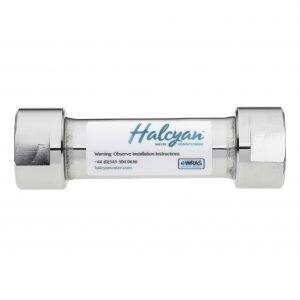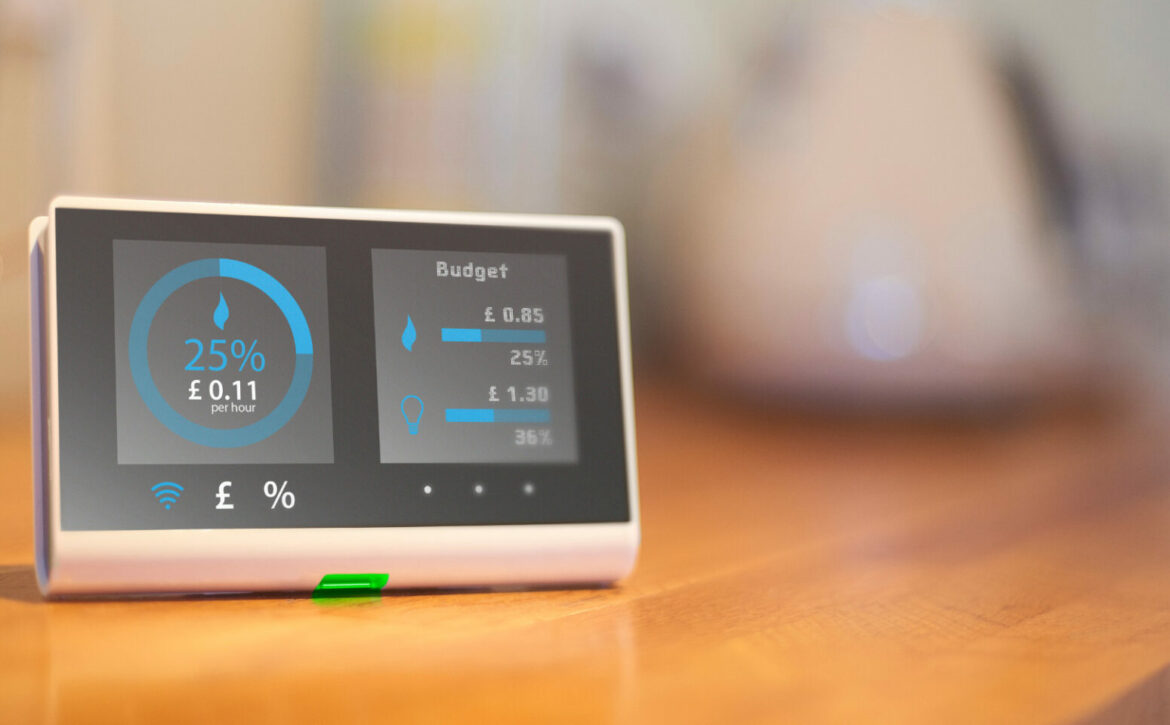Does Hard Water Cost More to Heat?
Water is essential for everyday life, but not all water is created equal. Hard water contains minerals like calcium and magnesium and while mineral-rich water has its benefits, it can cause a variety of problems for homeowners, including clogged pipes, build-up on fixtures, and even higher energy bills. So is it really true that hard water costs more to heat? Let’s take a closer look.
What Is Hard Water?
Hard water is simply water that has a high mineral content. These minerals are usually calcium and magnesium carbonates, but can also include iron, manganese, and sulphates. The amount of minerals in the water determines how hard it is – the more minerals present, the harder the water. Signs that you may have hard water include limescale build up on your appliances and surfaces (such as taps, shower heads and kettles). It appears as a hard, chalky deposit that can be extremely stubborn to remove and can cause many problems in the home.
How Does Hard Water Affect Heating Costs?
The minerals in hard water can have an impact on your energy bills because they reduce the efficiency of your hot water heater. Minerals build up on the heating elements of your water heater over time, reducing its ability to transfer heat into the water efficiently. This means that it takes more energy (and money) to heat up the same amount of hard water as it would soft water. So in short: Yes! Hard water does cost more to heat.
How Can You Reduce Heating Costs with Hard Water?

Fortunately, there are several ways you can reduce heating costs with hard water:
- Install a Water Conditioner: A Halcyan Water Conditioner will treat the water as it enters your home. This means that every drop of water in your house passes through the unit before it enters any appliance with a heating element. Not only will this reduce existing limescale in your appliances, it will continue to keep them limescale-free so they can work at maximum efficiency.
- Use Hot Water Efficiently: You can also reduce heating costs by using hot water as efficiently as possible – only running full loads in your dishwasher or washing machine, taking shorter showers, etc. This will help reduce how often you need to heat up hard water which will save you money in the long run.
- Lower Your Hot Water Temperature: Lowering the temperature setting on your hot water heater will also help reduce heating costs with hard water since it takes less energy to heat up lower temperatures than higher ones.
Conclusion
So does hard water cost more to heat? Yes – due to mineral build-up on heating elements over time, it takes more energy (and money) to heat up hard water than soft water which can lead to higher energy bills over time if left unchecked. Fortunately there are several ways you can reduce these costs such as installing a Halcyan Water Conditioner or using hot water efficiently – so don’t let hard water get you down!
If you’d like to find out more about the Halcyan Water Conditioner, you can explore our Knowledge Centre and find out how it works here. You can call our expert team on 0345 504 0656 for more information on how you can heat your water for less, by installing a Halcyan.
Why choose Halcyan?

Halcyan Water Conditioners is a British company based in Bristol and our alloy-based solution to hard water is unique to the UK. As leaders in our industry, our mission is to help our customers save money, save energy and save the planet with our eco-friendly, people-friendly water conditioners. We take huge pride in our customer satisfaction and our testimonials speak for themselves. With our 30 Year Warranty and our 12 Month Money Back Performance Guarantee, you can put your trust into Halcyan Water Conditioners.
Learn More

